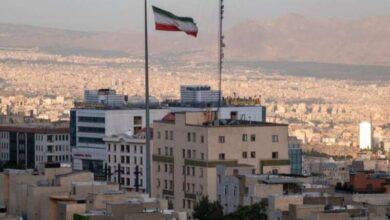Trump resumed the supply of 900-kilogram bombs to Israel and explained the reason

The administration of US President Donald Trump canceled the ban introduced by Joe Biden on the supply of 900-kilogram MK-84 aerial bombs to Israel. As reported Reuters, Axios, in the coming days, Israel will receive by sea 1,800 such bombs, which are currently stored in warehouses in the United States.
Previously, in May 2024, the Biden administration suspended the supply of this type of weapon due to concerns about their use in the densely populated areas of Gaza. Of particular concern was the city of Rafah, home to more than a million Palestinians. Known as “bunker bombs,” the power of the MK-84 allows them to penetrate deep underground before exploding, making them extremely destructive.
During Biden’s administration, the United States has already delivered more than 10,000 such bombs to Israel, but the decision to suspend new deliveries has caused tension between the two countries. Biden expressed concern that the use of such powerful bombs in densely populated areas could lead to large numbers of civilian casualties.
As Trump mentioned in a conversation with journalists on board the plane during the flight from Las Vegas to Miami, the reason for this decision is the fact that Israel has already paid for these bombs and has been waiting for their delivery for a long time.
“Today we lifted the ban. And they will get what they paid for. They have been waiting for this for a very long time.” Trump said, quotes Reuters.
At the same time, on his Truth Social social network, Trump said: “Much of what Israel ordered and paid for, but Biden did not send, is already on the way!”.
This decision restores supplies that were previously frozen for humanitarian reasons. It also highlights a shift in US foreign policy toward Israel under Trump, compared to his predecessor’s approach. At the same time, the resumption of supplies may attract criticism from the international community due to the potential consequences for the civilian population in conflict regions.





